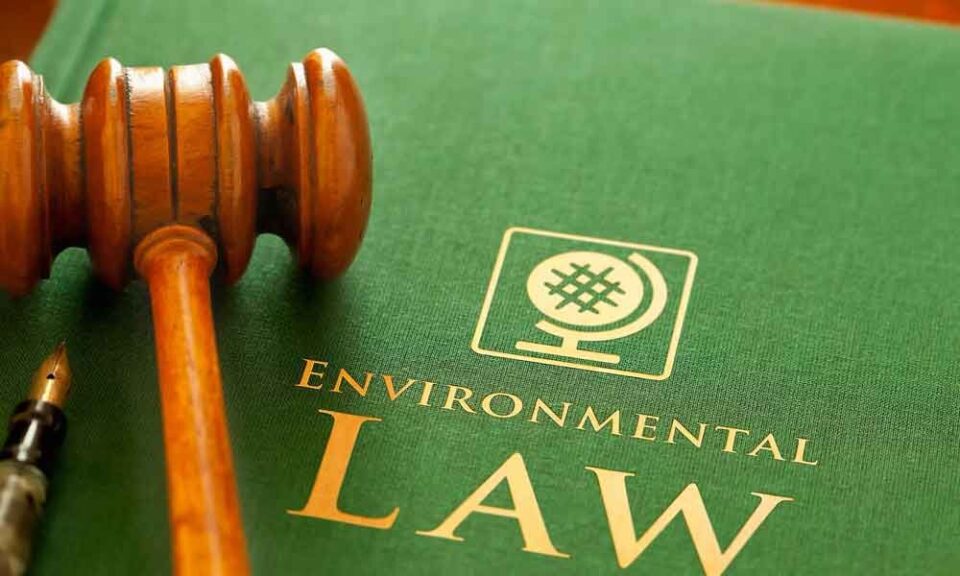Climate change has become one of the most pressing issues of our time, with the potential to disrupt ecosystems, economies, and human well-being. In response to this global challenge, environmental laws and climate change policies have been developed to mitigate the impact of climate change and promote sustainable practices.
The Role of Environmental Law

Environmental law refers to a set of legal principles and regulations aimed at protecting the environment and natural resources. It provides a framework for addressing environmental issues, including climate change, pollution, and conservation. Environmental laws vary across countries, but they generally aim to promote sustainable development and ensure the conservation of ecosystems.
Environmental law plays a crucial role in addressing climate change by regulating greenhouse gas emissions, promoting renewable energy sources, and encouraging sustainable practices. It sets standards for industries and individuals, guiding them towards environmentally friendly practices. By enforcing environmental regulations, governments can hold polluters accountable and encourage the adoption of cleaner technologies.
Climate Change Policies
Climate change policies are specific measures implemented by governments to reduce greenhouse gas emissions and adapt to the impacts of climate change. These policies can take various forms, including regulations, incentives, and international agreements. The goal of climate change policies is to promote sustainable development and mitigate the effects of climate change.
Some common climate change policies include:
- Carbon pricing: This policy places a financial cost on carbon emissions to encourage industries and individuals to reduce their greenhouse gas emissions. Carbon pricing can be implemented through carbon taxes or cap-and-trade systems.
- Renewable energy incentives: Governments provide incentives for the adoption of renewable energy sources such as solar, wind, and hydroelectric power. These incentives can include tax credits, subsidies, and feed-in tariffs.
- Energy efficiency standards: Governments set energy efficiency standards for appliances, buildings, and vehicles to reduce energy consumption and greenhouse gas emissions.
- International agreements: Countries come together to negotiate and implement international agreements to address climate change, such as the Paris Agreement. These agreements aim to limit global temperature rise and promote cooperation in reducing emissions.
The Importance of Environmental Law and Climate Change Policies

Environmental law and climate change policies are essential for addressing the challenges posed by climate change. They provide a legal framework for governments, businesses, and individuals to take action and reduce their environmental impact. By enforcing regulations and implementing policies, governments can drive the transition to a low-carbon economy and promote sustainable practices.
Furthermore, environmental law and climate change policies create certainty and stability for businesses and investors. Clear regulations and incentives encourage the development of clean technologies and renewable energy industries. They also create new economic opportunities, such as green jobs and sustainable tourism.
Ultimately, environmental law and climate change policies are crucial for protecting our planet and ensuring a sustainable future for generations to come. By working together and implementing effective policies, we can mitigate the impacts of climate change and create a more resilient and environmentally conscious society.

